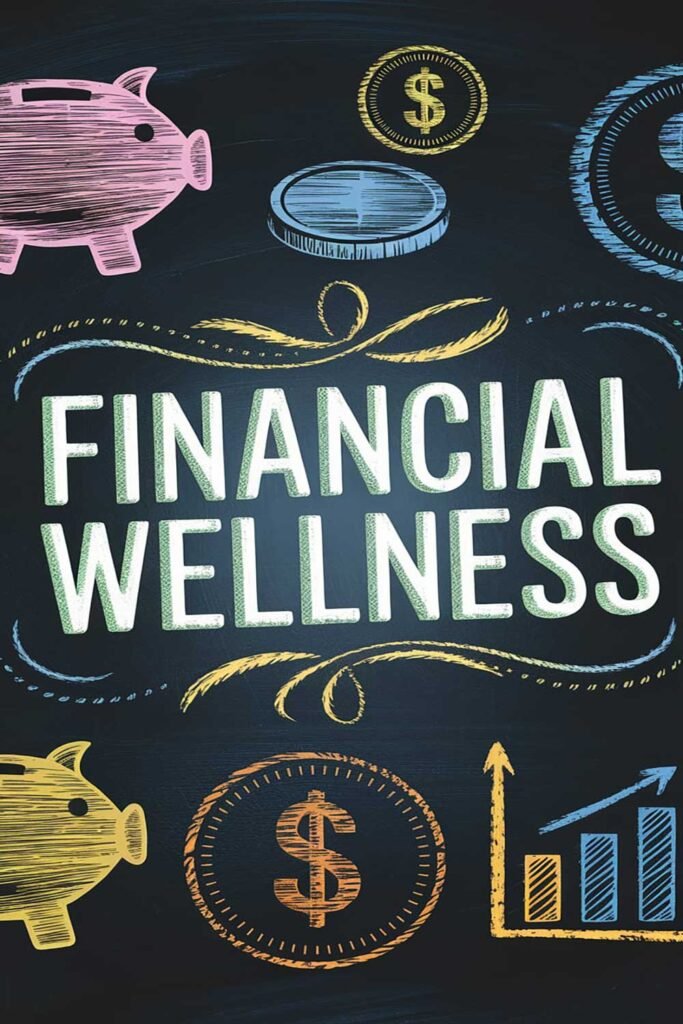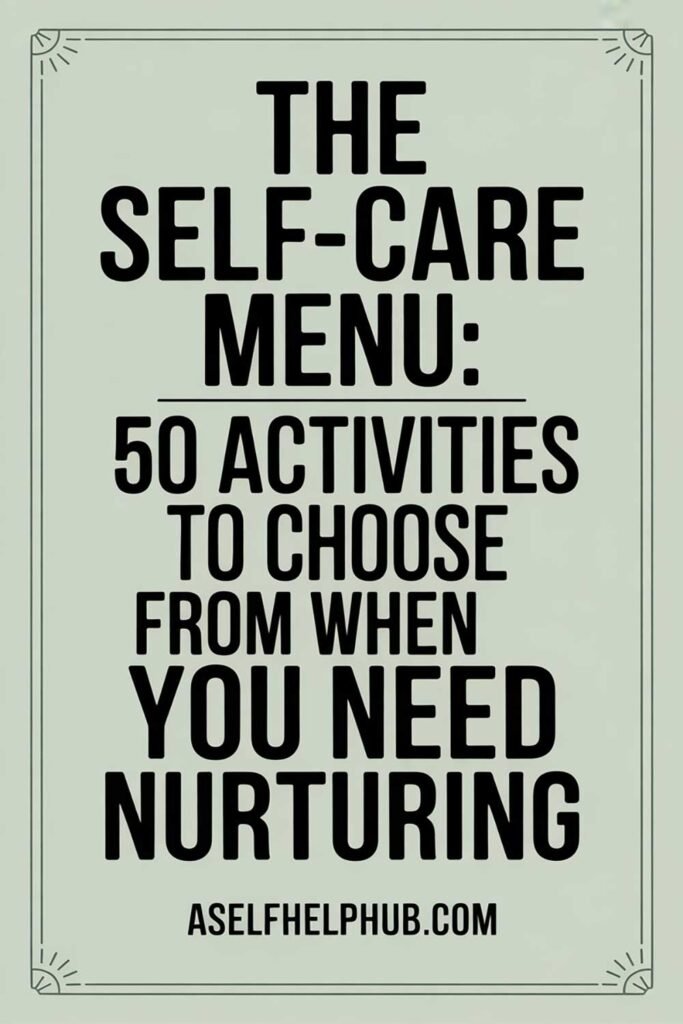The Beginner’s Guide to Managing Your Money Like a Pro
Money can feel overwhelming—especially when you’re just getting started. But learning how to manage it is one of the most powerful life skills you can develop. The good news? You don’t need to be a financial expert to handle your finances like a pro.

This beginner’s guide to managing your money will walk you through the core steps to take control of your finances, reduce stress, and build a secure future—even if you’re starting from zero.
Why Money Management Matters
Managing money isn’t about restriction—it’s about freedom. When you know where your money is going, you gain peace of mind, reduce debt, and start building toward your dreams.
Real-life example:
Nina, a college graduate with $32,000 in debt, began tracking her expenses and switched to a simple budget. In two years, she paid off her student loans, built an emergency fund, and started investing. “Once I started treating my money with respect, it started working for me,” she says.
Step-by-Step: How to Manage Your Money Like a Pro
1. Know Your Numbers
Start by understanding your current financial situation. Get clear on:
- Income (after taxes)
- Fixed expenses (rent, utilities, loans)
- Variable expenses (food, entertainment)
- Debts and minimum payments
- Savings and assets
Use a budgeting app or spreadsheet to list everything out. Awareness is your foundation.
2. Set Financial Goals
Goals give your money purpose. Define short-term (3–6 months), medium-term (1–3 years), and long-term goals (3+ years).
Examples:
- Short-term: Save $1,000 for emergencies
- Medium-term: Pay off $5,000 in credit card debt
- Long-term: Buy a home or retire early
Make them SMART: Specific, Measurable, Achievable, Relevant, and Time-bound.
3. Create a Monthly Budget That Works for You
A budget tells your money where to go. Use a method that fits your style:
Popular methods:
- 50/30/20 rule: 50% needs, 30% wants, 20% savings/debt
- Zero-based budgeting: Every dollar gets a job
- Envelope method: Use cash or digital categories
Pro tip: Budget your fun too. A realistic budget prevents burnout.
4. Build an Emergency Fund
Start with $500 to $1,000, then aim for 3–6 months of expenses.
Why? Emergencies will happen—car repairs, medical bills, job loss. Your emergency fund is your financial airbag.
Real-life story:
Jake, a graphic designer, had a $900 emergency fund when his car broke down. “I didn’t go into panic mode. I paid in cash and kept moving forward.”
5. Tackle Your Debt Strategically
Choose a debt payoff strategy:
- Snowball: Pay smallest balances first for momentum
- Avalanche: Pay highest interest rates first for savings
Make more than the minimum payments when possible.
Extra boost: Use windfalls (tax refunds, bonuses) to knock out chunks of debt.
6. Automate Your Finances
Put your money on autopilot:
- Auto-pay bills to avoid late fees
- Auto-transfer to savings
- Auto-invest into retirement or brokerage accounts
Automation reduces decision fatigue and increases consistency.
7. Track Spending Weekly
Set 15 minutes each week to review:
- Where your money went
- Where you overspent
- What you can improve
This habit keeps you engaged and in control.
8. Start Investing (Even Just a Little)
Once you have your basics in place, start investing—even with small amounts.
Options for beginners:
- Roth IRA or Traditional IRA
- Employer 401(k) (especially if matched)
- Robo-advisors (like Betterment or Wealthfront)
Why start early? Time is your biggest investing ally.
9. Boost Your Income (If Needed)
Sometimes the problem isn’t overspending—it’s under-earning. Consider:
- Side hustles
- Asking for a raise
- Selling unused items
More income = faster debt payoff, savings, and freedom.
10. Continue Your Financial Education
Make learning about money a lifelong habit.
- Read blogs or books (e.g. The Simple Path to Wealth)
- Listen to podcasts (e.g. The Ramsey Show, Afford Anything)
- Follow financial educators on social media
The more you know, the more you grow.
Real-Life Wins from Simple Money Management
- Lena used a free budget app to track spending and saved $4,200 in a year.
- Marcus paid off $15K in debt in 18 months by following the snowball method.
- Emma, a single mom, built a 4-month emergency fund and started investing $100/month for retirement.
💬 20 Quotes About Money Management
“A budget is telling your money where to go instead of wondering where it went.” — John C. Maxwell
“Do not save what is left after spending, but spend what is left after saving.” — Warren Buffett
“The best thing money can buy is financial freedom.” — Rob Berger
“Too many people spend money they haven’t earned to buy things they don’t want to impress people they don’t like.” — Will Rogers
“The habit of saving is itself an education.” — T.T. Munger
“You must gain control over your money or the lack of it will forever control you.” — Dave Ramsey
“The goal isn’t more money. The goal is living life on your terms.” — Chris Brogan
“It’s not your salary that makes you rich, it’s your spending habits.” — Charles A. Jaffe
“Financial freedom is available to those who learn about it and work for it.” — Robert Kiyosaki
“Beware of little expenses. A small leak will sink a great ship.” — Benjamin Franklin
“Saving must become a priority, not just a thought. Pay yourself first.” — Dave Ramsey
“Money grows on the tree of persistence.” — Japanese Proverb
“Success is not just making money. Success is happiness. Success is fulfillment.” — Zig Ziglar
“It’s not how much money you make, but how much money you keep.” — Robert Kiyosaki
“You don’t have to be rich to start. You just have to start.” — Unknown
“Spend less than you earn, invest the rest.” — Unknown
“Small daily improvements lead to stunning results.” — Robin Sharma
“You’re only poor if you give up.” — Unknown
“The secret to getting ahead is getting started.” — Mark Twain
“Financial peace isn’t the acquisition of stuff. It’s learning to live on less than you make.” — Dave Ramsey
🧐 Picture This
Imagine waking up and checking your bank account without dread. Your bills are covered. You have money set aside for emergencies. You’re paying down debt, building savings, and even investing for your future.
You feel empowered. Calm. In control.
You didn’t win the lottery. You just made intentional choices, day by day. You learned the basics, took action, and turned confusion into confidence.
So picture this: What would your life look like a year from now if you started managing your money like a pro today?
📬 Please Share This Article
If this article helped you take that first step toward financial freedom, share it with someone else who could benefit. Let’s normalize money confidence—one reader at a time.
⚠️ Disclaimer
This article is based on personal finance strategies, personal experiences, and general advice. It is not a substitute for financial planning or professional financial advice. Always consult a certified financial advisor for decisions tailored to your unique situation.






